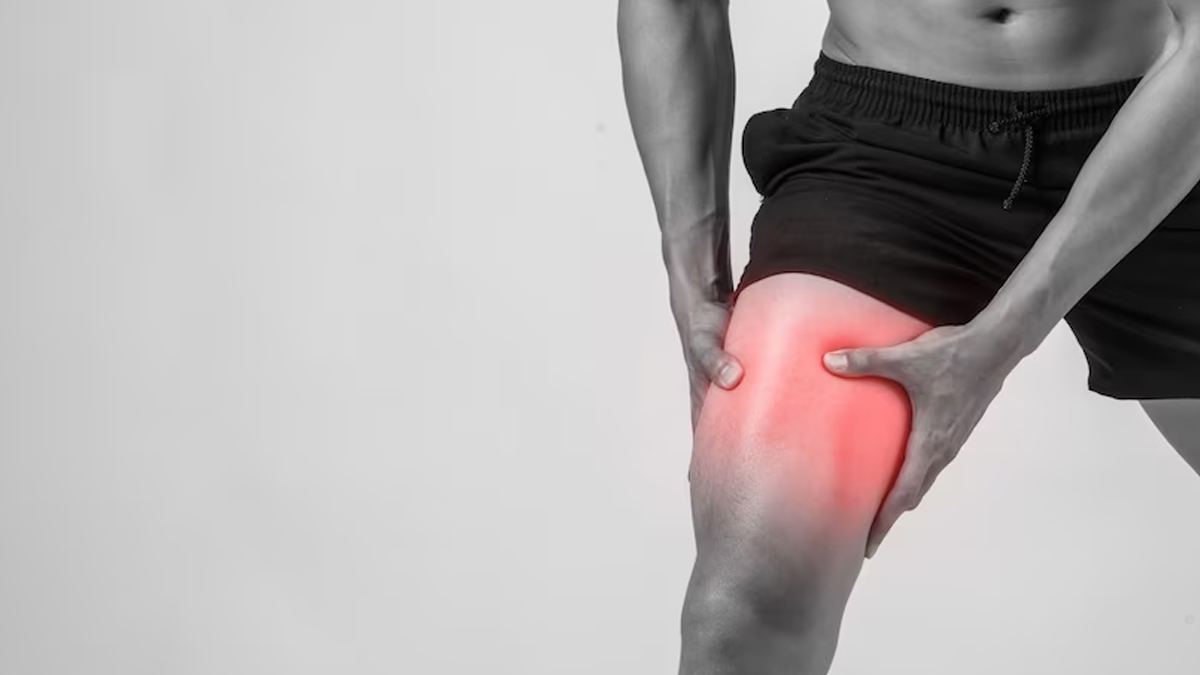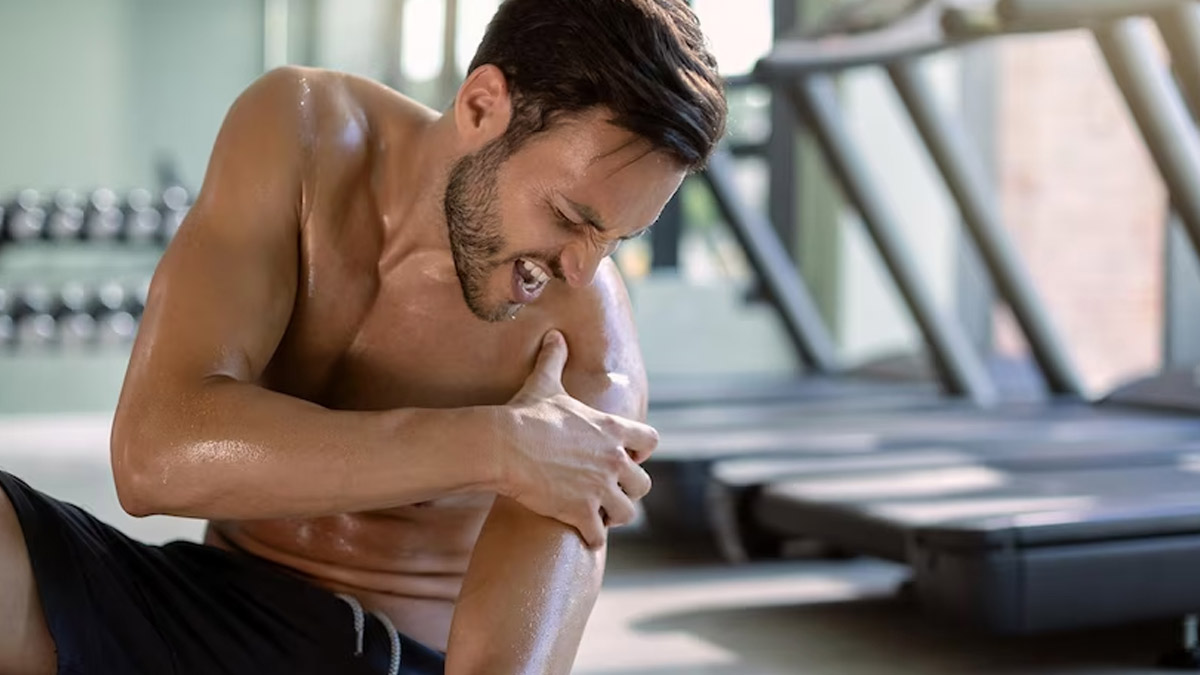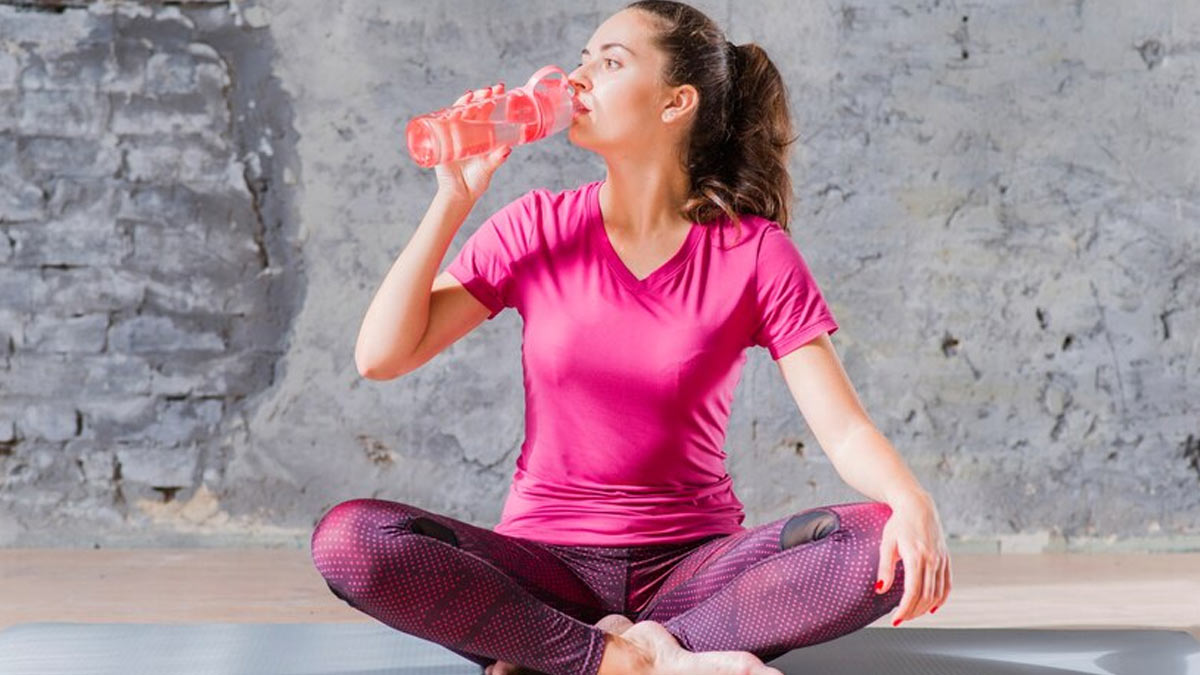
Heat cramps are a common occurrence among individuals who engage in strenuous physical activity in hot environments. These painful muscle contractions can disrupt daily routines and cause discomfort. It is essential to understand how heat cramps happen, how they can be treated, and what precautions individuals should take to prevent them. To learn more about this, we spoke to Dr Manoj Muthu, Orthopaedic Surgeon, Apollo Spectra Hospital, Chennai.
Table of Content:-
How Do Heat Cramps Happen?
According to Dr Muthu, "Heat cramps typically arise due to an imbalance of electrolytes, particularly sodium and potassium, in the body. When individuals sweat excessively in high temperatures, they lose these crucial minerals."
A study, available on the National Center for Biotechnology Information (NCBI) portal, conducted across multiple centres in the United States, discovered that a significant 74% of cramps occurred among athletes who were exposed to high environmental heat conditions.

He said that the loss of electrolytes can interfere with normal muscle function and lead to cramping. The intensity of the cramps may vary, but they are often characterised by sharp or intense pain in the affected muscles.
Also Read: Getting Cramps Regularly? Know The Possible Causes Behind This Condition Of Water Retention
Treatment of Heat Cramps
The primary treatment for heat cramps involves replenishing lost fluids and electrolytes. "Finding a cool and shaded area to rest is crucial. This helps the body cool down and reduces the risk of further heat-related issues, such as heat stroke," said Dr Muthu.

"It is important to drink plenty of fluids that contain electrolytes, such as electrolyte solutions. These beverages help restore the body's electrolyte balance and alleviate muscle cramps," he added.
"Additionally, consuming foods rich in potassium, such as bananas or coconut water, can be beneficial in preventing and treating heat cramps," said the doctor.
"Gentle stretching and massaging of the affected muscles can also provide relief and aid in relaxing the cramped muscles," he added.
Precautions to Prevent Heat Cramps
Preventing heat cramps is essential for individuals who engage in physical activities in hot environments. Taking certain precautions can significantly reduce the risk of experiencing heat cramps. "Firstly, staying well-hydrated is crucial. It is important to drink fluids before, during, and after physical activity to maintain proper hydration levels," suggested Dr Muthu.

Choosing appropriate clothing is another important precaution. "Wearing lightweight and loose-fitting garments allows for proper ventilation and helps the body stay cool. It is advisable to opt for light-coloured clothing that reflects sunlight rather than absorbing it," he said.
"Taking regular breaks in shaded or air-conditioned areas is vital to cool down the body and prevent excessive heat exposure," said the doctor. These breaks provide an opportunity to rest and recover from physical exertion while avoiding prolonged exposure to high temperatures.
Also Read: Legs Cramps At Night: Know Its Causes, Treatment, And Preventive Measures
Dr Muthu further suggested gradually acclimating to hot weather, especially for individuals who are not accustomed to such conditions. Gradual exposure allows the body to adapt to the heat over time, reducing the risk of heat-related issues. Starting with shorter durations of physical activity in hot environments and gradually increasing exposure can help the body adjust more effectively.
Conclusion
In conclusion, heat cramps can be an uncomfortable and painful experience for individuals who engage in intense physical activity in hot environments. Understanding the causes and implementing appropriate measures to prevent and treat heat cramps is essential.
Staying hydrated, wearing suitable clothing, taking regular breaks, and gradually acclimating to hot weather are all important precautions to minimise the risk of heat cramps. By prioritising these precautions, individuals can enjoy physical activities in hot environments while minimising the likelihood of experiencing heat cramps.
[Disclaimer: This article is for informational purposes only. If you suffer from any heat-related illness, visit your doctor for a thorough diagnosis and treatment as per your health needs.]
Image Credits: freepik
Also watch this video
How we keep this article up to date:
We work with experts and keep a close eye on the latest in health and wellness. Whenever there is a new research or helpful information, we update our articles with accurate and useful advice.
Current Version